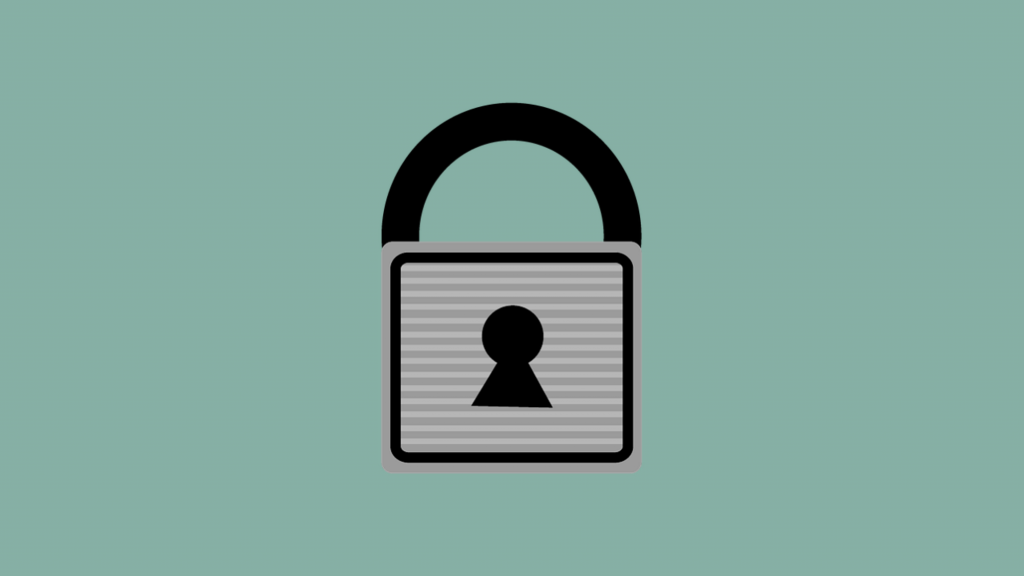 Additional Executive Orders geared towards limiting the spread of COVID-19 implemented by Governor Phil Murphy over the weekend including EO122 and 125, providing further restrictions on essential-business (retail stores and construction operations) to ensure the safety of their employees and consumers. Notably, the orders also provide for safety measures required to be taken consumers.
Additional Executive Orders geared towards limiting the spread of COVID-19 implemented by Governor Phil Murphy over the weekend including EO122 and 125, providing further restrictions on essential-business (retail stores and construction operations) to ensure the safety of their employees and consumers. Notably, the orders also provide for safety measures required to be taken consumers.
Among other mandates, the NJ retail businesses must now limit stated occupancy by 50% (“food businesses” are to maintain a 10% capacity, however) and provide operating hours solely for high-risk populations as defined by the CDC. To ensure the safety of cashiers/baggers, stores will have to install a shield guards between the employees and customers or maintain a six feet distance between individuals (except during the actual physical payment/exchange of goods), such as by placing physical demarcations in check-out lines. Infections control practices must be implemented, such as providing hand sanitizers, cleaning frequently touched services, providing for proper tissue and waste disposal, and allowing additional break time for employees to wash their hands more frequently.
All employees and customers must wear face masks (cloth, though if the employee or business is already in possession or required to have greater protection such as surgical masks, those may be used), except children under the age of two or if the facial cloth would adversely affect the person’s health (a food business shall not require supporting medical documentation, however), and any person refusing should not be permitted entry into the business. Further, employees must wear gloves when coming into contact with a customer or goods, and the employee protection (gloves and facial coverings) must be provided by the business.
EO122 also further limits construction. The physical operations of all non-essential construction projects shall cease. Only “essential constructions projects” may continue – i.e., projects necessary for the delivery of health care services, transportation projects, utility projects, residential projects that exclusively designated as affordable housing, school projects, projects already underway in individual single-family homes or apartment units where an individual already resides with a construction crew of 5 or less individuals, projects already underway involving a residential unit has already entered into a legally binding agreement to occupy the unit by a certain date and construction is necessary to ensure the unit’s availability by that date, projects involving manufacturing, distribution, storage, or servicing of goods or products that are sold online by retain businesses or essential retail business, projects necessary for social services such as homeless shelters and food banks, projects for law enforcement and government agencies, and emergency repairs.
All essential businesses must implement policies that reduce employees contact with one another such as staggering lunch breaks, limit the sharing of tools, prohibiting non-essential visitors from entering the worksite, and reducing the frequency of in-person meetings.
Executive Order 122 went into effect Friday, April 10, 2020 at 8:00 p.m. Executive Order 125 entered April 11th and effective Monday, April 13, 2020 at 8:00 p.m. – while largely regarding transportation services, added additional restrictions and rules to certain essential businesses.
Namely, restaurants, cafeterias, dining establishments, and food courts, with or without a liquor license, all bars, and all other holders of a liquor license with retail consumption privileges that are continuing to offer food delivery and/or takeout services pursuant to EO 17 (referred to as “food business”), must adopt additional policies, including, as noted above, to reduce occupancy to 10% of maximum capacity, wherever feasible. They must also abide by the infection control measures and place conspicuous signage at entrances and throughout the food business, if applicable, alerting staff and customers of the rules on social distancing.
Jacklyn Fetbroyt is a founding member of Kang Haggerty LLC and is currently a committeeperson of the Voorhees Township Committee. Among other things, Jackie focuses on counseling companies and business owners through all stages of their ventures from conception to dissolution, assisting her business clients in all of their needs for maintenance and growth. On Township Committee, Jackie strives to be a resource to and ears of the residents in her hometown.
In this ever-changing landscape of information and legislation, please be aware that the information contained in this blog post may no longer be relevant or applicable. The content of this post is for informational purposes only and should not be construed as legal advice or legal opinion.
 Kang Haggerty News
Kang Haggerty News

